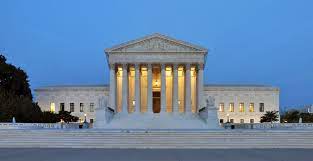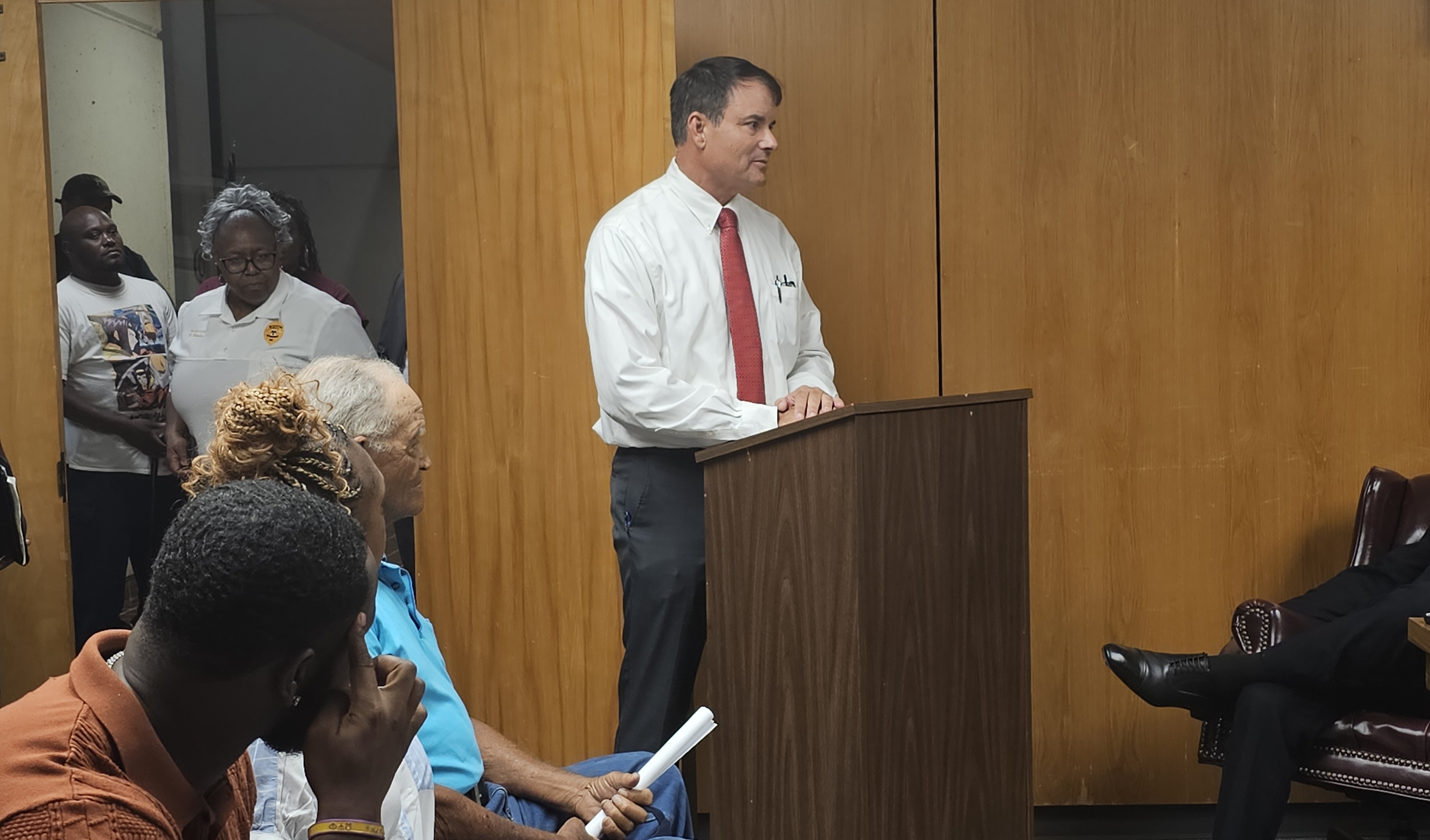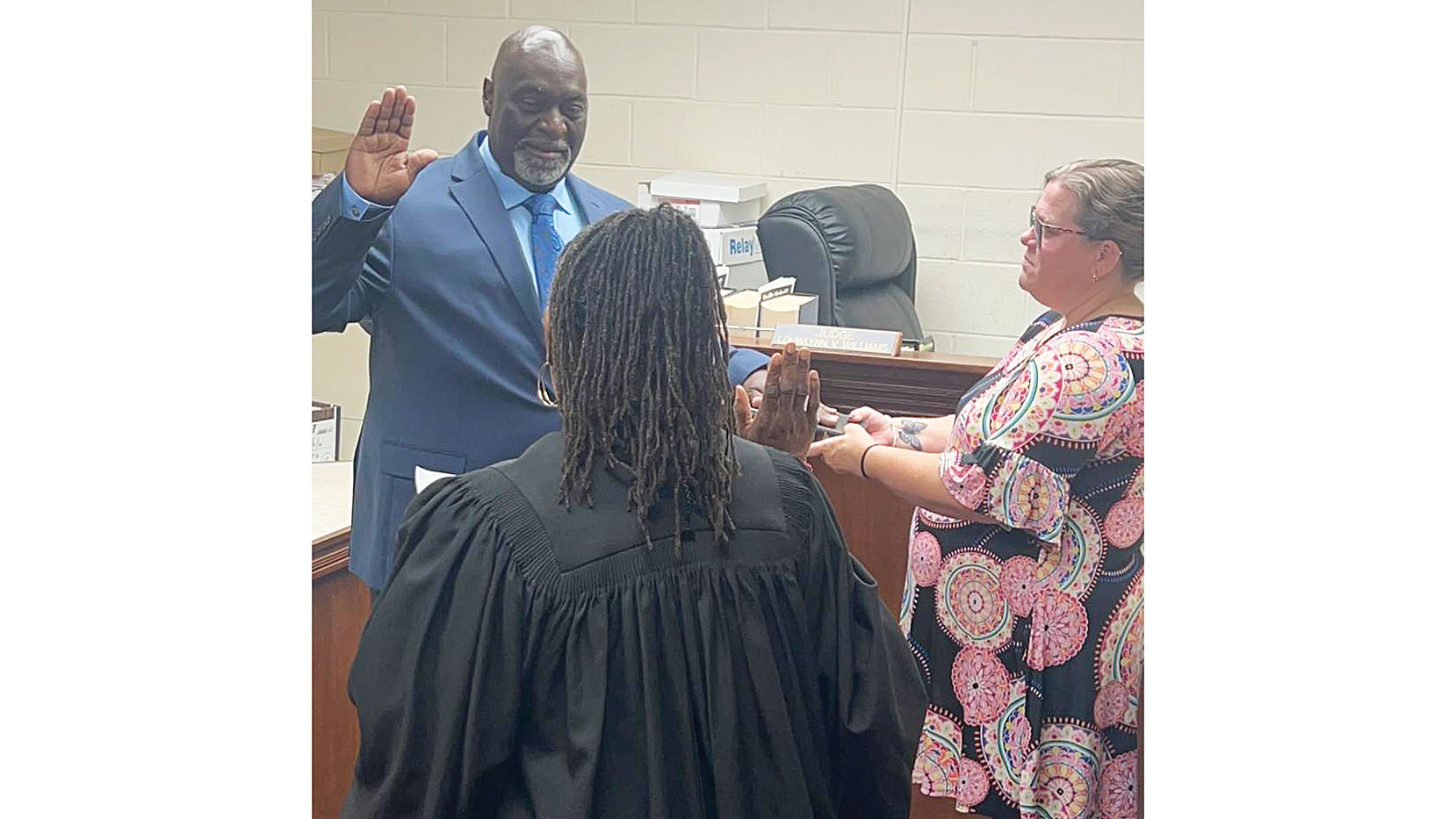Supreme Court ruling in Alabama case could aid election lawsuits in Mississippi
Published 9:00 am Tuesday, June 13, 2023
Lawsuits alleging that Mississippi’s legislative and judicial districts dilute Black voter strength could be bolstered by a recent U.S. Supreme Court ruling.
In a surprise ruling last week, the nation’s highest court found that the seven U.S. House seats in Alabama were unconstitutional and violated the federal Voting Rights Act because they diluted Black voter strength. Presumably, that ruling will force the congressional districts to be redrawn in Alabama and perhaps in other states and could impact the balance of power in the U.S. House.
The ruling could also have an impact in Mississippi. In February the U.S. Supreme Court refused an effort to continue a decades-old lawsuit that placed congressional redistricting in Mississippi under the jurisdiction of a three-judge federal panel. The federal panel had overseen the drawing of Mississippi’s congressional districts since the early 2000s. But with the state Legislature redrawing the districts in 2022 after the 2020 Census, the federal panel opted to end its jurisdiction. A group challenged the decision to end the lawsuit, claiming the districts drawn by the Legislature still diluted Black voter strength.
The U.S. Supreme Court refused the effort to keep congressional redistricting under the jurisdiction of the three-judge panel. Theoretically, the decision in the Alabama case could leads to groups again challenging whether the congressional district in Mississippi dilute Black voter strength.
The decision in the Alabama case also could impact lawsuits challenging the constitutionality of the drawing of the 174 Mississippi House and Senate districts and the three districts used to elect Mississippi Supreme Court justices and commissioners to the Public Service Commission and the Transportation Commission.
Jarvis Dortch, executive director of the Mississippi ACLU, said the Supreme Court decision in the Alabama case “affirmed the (federal) Voting Rights Act (and) prevents states from packing or cracking Black communities in a way that limits their ability to elect candidates of their choice.”
“This is exactly why the ACLU of MS is challenging Mississippi’s recently enacted legislative districts and the decades-old state Supreme Court district lines,” Dortch said.
READ MORE: Lawmakers face redistricting lawsuit during 2023 election cycle
The groups filing the lawsuits challenging the legislative districts and the judicial districts include the ACLU of Mississippi and the national chapter of the American Civil Liberties Union, the national and state chapter of the NAACP, the Lawyers Committee for Civil Rights Under Law, the law firm of Morgan, Lewis and Bockius, the Mississippi Center for Justice and others.
The groups filing the lawsuit have asked the three judge federal panel hearing the case to set an expedited trial date so that if they prevail a special election could be set for November 2024 to elect legislators under new districts. The groups are not trying to hold a trial quick enough to have new legislative districts drawn, should they prevail, for the regularly scheduled legislative elections in November of this year.
The lawsuit says the state Legislature’s redrawing of the House and Senate districts in 2022 to match population shifts gleaned from the 2020 Census “packed” Black voters in a limited number of districts to dilute their electoral impact.
Carroll Rhodes of Hazlehurst, a longtime civil rights attorney who is involved in the lawsuit, has said the new legislative districts violate federal law and the U.S. Constitution by “packing” Black voters in a smaller number of districts to dilute their strength.
Rhodes and others claim that a new redistricting plan could generate more Black majority districts in addition to increasing the number of African Americans in other districts to provide them more impact in non-minority majority districts.
Dortch pointed out that in 2010, there were 12 House districts that had Black populations of over 40% but not a majority, meaning they could have a significant impact in those districts. But under the maps drawn in 2022 by the Legislature, there is only one district in that category.
A separate lawsuit says the three Supreme Court districts that have not been redrawn in more than 35 years also are unconstitutional.
The state, which has an African American population of about 38%, has nine Supreme Court justices — just one of whom is Black.
Northern District Public Service Commissioner Brandon Presley, who is running for governor as a Democrat, said the ruling in the Alabama case “was a victory for the Voting Rights Act — and the generations of Southern organizers who made it a reality. Instead of shutting the door on Black and minority communities, those of us in elected office must protect this fundamental right and work to bring new voters into our democracy.”
Republican incumbent Gov. Tate Reeves did not comment on the case on social media.






